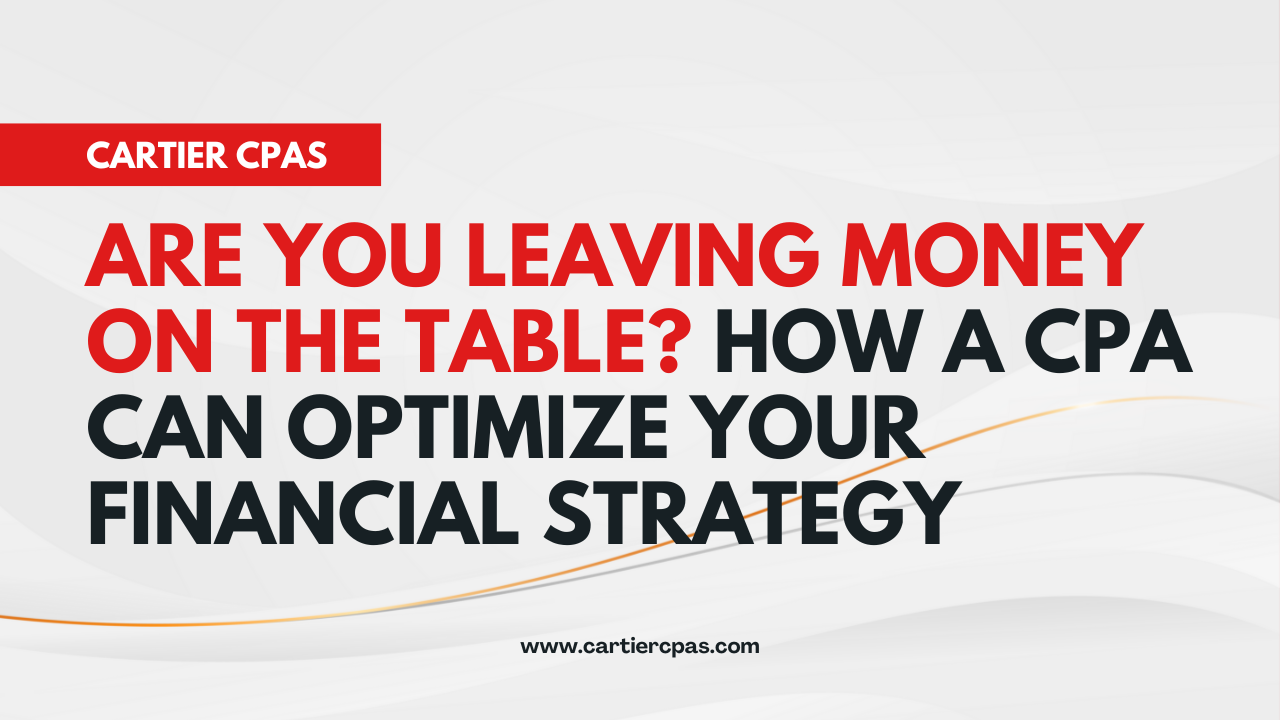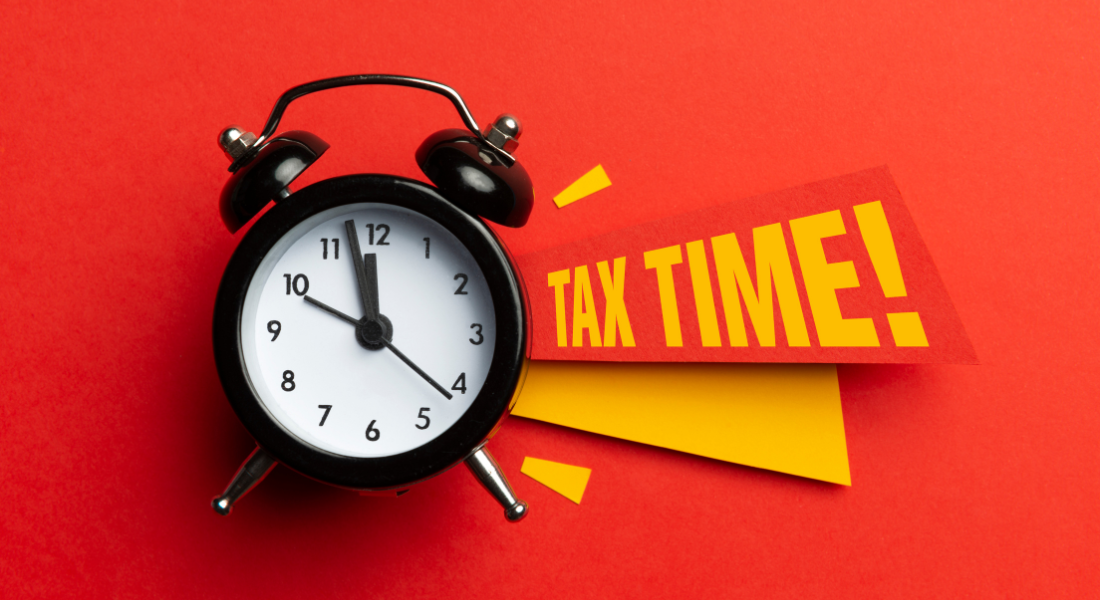6 Things to Consider When Conducting an Audit
Auditing is a critical business process for any organization. It provides a way to measure the performance of your company and identify areas that need to be improved or addressed. There are many aspects that you need to consider when conducting an audit. These include the type of audit, the size of your organization, and what types of records you want to evaluate. However, it’s important to know that there’s no one-size-fits-all approach. Here are 8 things you should think about before conducting your own audit.
Understanding the different types of audits
An audit is an evaluation of your company’s records. It helps you identify any areas that need improvement or attention, which can help your business grow. There are many types of audits that assess your organization in different ways. For example, you could have a financial audit, which looks at the numbers and figures to make sure everything makes sense. Alternatively, you could have a compliance audit, which checks to make sure you’re in accordance with government laws and regulations.
Determining the size of your organization
The size of your organization will greatly affect the type of audit that you should conduct. If you’re a small company, then you may only need to do a financial audit. If you’re a larger company, you may need to do an operational audit as well.
The first thing you should think about when conducting an audit is the type of records to audit. Records can be divided into three different types:
- Permanent records, which include your organization’s financial statements and accounting books.
- Reference records, which include any documents that are related to a specific project or operation.
- Temporary records, which include email messages, phone messages, and memos.
Knowing the risks associated with an audit
A risk you need to know about before conducting an audit is the cost. Hiring a professional can be expensive and can take up a lot of your time. If you’re not sure how to go about the audit, it may take some resources and time to figure it out.
Planning for your audit
You also need to think about what you want to measure before conducting your audit. What do you want to look at? How much time do you have? What are your goals for this audit? These are all questions that need to be answered before beginning your audit.
It’s also important to know which records are required for your business. You don’t want to spend hours looking through every record and file that exists just because you think they might contain useful information.
Reporting on your audit results
It’s important to know how to report on the results of your audit. The way that you present the results of your audit can have a big impact on how people respond to it. You may want to consider presenting your findings in a proposal form, which would be similar to a business proposal. This is an excellent way to show how you plan on addressing the issues you found during your audit. When it comes to reporting, don’t forget about the importance of visuals!
Conclusion
With the help of this guide, you should be able to conduct your next audit with confidence. The key is to be prepared, know what to keep an eye out for, and stay on top of the process.
Whether you’re an individual looking to make sure you’re paying your taxes correctly, or a company looking to make sure every dollar is accounted for, an audit can help you get to the bottom of things.
Now that you are armed with this information, go forth and audit with confidence!
Contact us today, at Cartier CPA's our goal is to provide clients with the highest level of respect and quality of service.
Tips for Students with Summer Jobs
Free Consultation
Although we are located in the heart of beautiful St. Petersburg, FL, our clients stretch from Texas to Boston and California to Germany! However, many of our clientele are located in our area and we take great pride in servicing this great community.
We will get back to you as soon as possible
Please try again later










